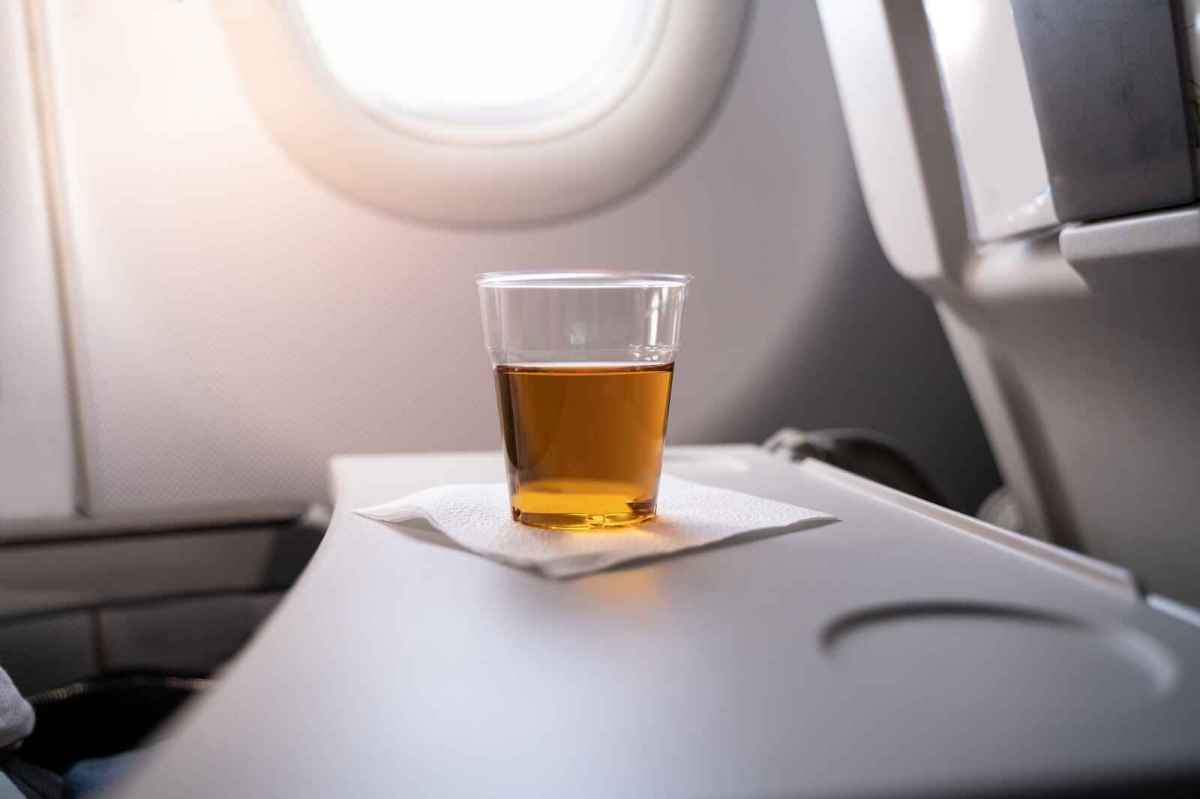And in a recent study conducted by researchers, it has been found that drinking alcohol while flying can significantly increase health risks.
The study, which was published in a leading medical journal, examined the effects of consuming alcohol at high altitudes. According to the researchers, the combination of alcohol and high altitude can have a number of negative health implications, including dehydration, increased blood pressure, and impaired judgement.
One of the main concerns highlighted in the study is the impact of dehydration on the body. When flying at high altitudes, the air is typically drier, which can lead to increased levels of dehydration. Alcohol is known to exacerbate this effect, as it is a diuretic that can further dehydrate the body. This can have serious consequences, particularly for individuals with underlying health conditions or those who are already dehydrated before boarding the plane.
Furthermore, the study also found that consuming alcohol while flying can lead to an increase in blood pressure. This is due to the fact that alcohol is a vasodilator, meaning it causes the blood vessels to relax and widen. When combined with the lower oxygen levels at high altitudes, this can lead to a significant increase in blood pressure, which can be dangerous for individuals with cardiovascular issues or other health concerns.
In addition to the physical health risks, the study also highlighted the impact of alcohol on cognitive function while flying. The researchers found that alcohol consumption can impair judgement and decision-making abilities, which can be particularly concerning in a high-stress environment like an airplane. This can lead to a range of safety issues, including potential lapses in communication with flight crew or other passengers.
Overall, the study’s findings suggest that drinking alcohol while flying can have a number of alarming health risks. It is important for individuals to be aware of these risks and to make informed decisions about their alcohol consumption while traveling. Airlines and flight crews should also take these risks into consideration and be proactive in addressing potential issues related to alcohol consumption on flights.
In conclusion, it is clear that drinking alcohol while flying can exacerbate existing health risks and lead to potentially dangerous situations. By understanding the impact of alcohol on the body at high altitudes, individuals can make more informed choices about their alcohol consumption while traveling. Airlines and flight crews should also prioritize passenger safety and take steps to ensure that alcohol-related incidents are minimized during flights.
